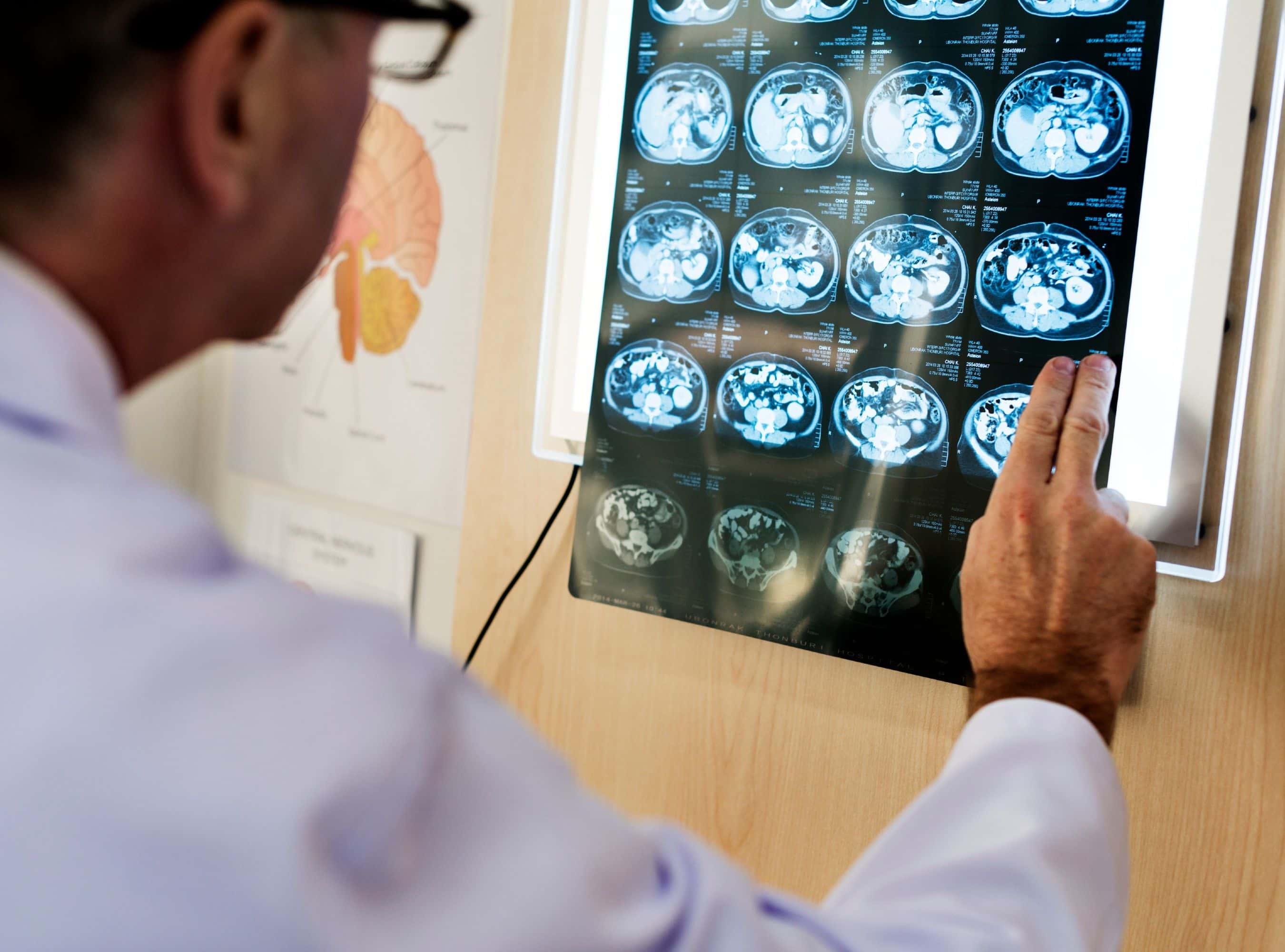Court Admits Pediatric Neurology Expert Report Discussing Victim’s Educational Records
Updated on
Court: United States District Court for the District of New MexicoJurisdiction: FederalCase Name: Rivera v. Volvo Cars of North Am., LLCCitation: 2015 U.S. Dist. LEXIS 179695
Facts
A federal diversity personal injury case arose out of a child’s entrapment in an automatic power window of a car manufactured by the defendant. The plaintiff claimed product liability negligence and strict product liability on the grounds of faulty manufacturing and design. The plaintiff also noted the defendant’s failure to warn consumers about the defective window switch. The plaintiff also alleged that the minor child suffered serious anoxic brain injury as a result of the entrapment and this would entail lifelong medical and day-to-day care. The plaintiff claimed compensatory and punitive damages.
The Pediatric Neurology Expert Witness
The pediatric neurology expert witness was a pediatric neurologist based in St. Louis, Missouri, who was retained by the plaintiff to support their case. In his expert report, the pediatric neurology expert first outlined the case documents he reviewed, including the date of the accident and the subsequent health and school history of the victim. He also addressed the victim’s reported wounds, her medical records, and her Present Academic Achievement and Functional Performance (PAAFP) and Individualized Education Program (IEP) reports.
The pediatric neurology expert witness concluded that the victim had suffered a critical traumatic brain injury as a result of the incident. In addition, the expert also found that the victim had significant deficits in voice, language, communication, comprehension, and coordination due to her brain injury. The pediatric neurology expert further suggested that although the victim’s condition could potentially improve, there was a poor prognosis for complete recovery. The expert also testified to the possibility of post-traumatic seizures and epilepsy persisting for the victim. Finally, the expert suggested that it was unlikely that the victim would ever be able to live independently or financially support herself due to her condition.
The defendant argued that the testimony of the expert should be omitted because his methodology was not reliable. The defendant argued that the expert’s findings were unreliable because they were based solely on the victim’s out-of-date health and educational records rather than more recent records. Additionally, the defendant argued that the expert did not use the same degree of rigor in this case as he did in his medical practice and, thus, his findings were unreliable.
Discussion
The court found that the expert had a sufficient basis for his findings from the victim’s older medical and educational records. The court also noted that the expert’s conclusions were not mere speculation or conjecture and the defendant’s claims to his inability to review recent medical and educational reports affected the weight of his testimony but not its admissibility.
The court further noted that a Daubert inquiry’s aim is to “to make certain that an expert . . . employs in the courtroom the same level of intellectual rigor that characterizes the practice of an expert in the relevant field,” citing Dodge v. Cotter Corp. The Court observed it was the expert’s practice to rely on other doctors’ assessments and, thus, he had applied the same rigor to the victim’s case as he did in his medical practice.
Held
The defendant’s motion to exclude the testimony of the plaintiff’s pediatric neurology expert witness was denied.
About the author
Wendy Ketner, M.D.
Dr. Wendy Ketner is a distinguished medical professional with a comprehensive background in surgery and medical research. Currently serving as the Senior Vice President of Medical Affairs at the Expert Institute, she plays a pivotal role in overseeing the organization's most important client relationships. Dr. Ketner's extensive surgical training was completed at Mount Sinai Beth Israel, where she gained hands-on experience in various general surgery procedures, including hernia repairs, cholecystectomies, appendectomies, mastectomies for breast cancer, breast reconstruction, surgical oncology, vascular surgery, and colorectal surgery. She also provided care in the surgical intensive care unit.
Her research interests have focused on post-mastectomy reconstruction and the surgical treatment of gastric cancer, including co-authoring a textbook chapter on the subject. Additionally, she has contributed to research on the percutaneous delivery of stem cells following myocardial infarction.
Dr. Ketner's educational background includes a Bachelor's degree from Yale University in Latin American Studies and a Doctor of Medicine (M.D.) from SUNY Downstate College of Medicine. Moreover, she is a member of the Board of Advisors for Opollo Technologies, a fintech healthcare AI company, contributing her medical expertise to enhance healthcare technology solutions. Her role at Expert Institute involves leveraging her medical knowledge to provide insights into legal cases, underscoring her unique blend of medical and legal acumen.
Subscribe to our newsletter
Join our newsletter to stay up to date on legal news, insights and product updates from Expert Institute.
Sign up nowFind an expert witness near you
What State is your case in?
Subscribe to our newsletter
Join our newsletter to stay up to date on legal news, insights and product updates from Expert Institute.



